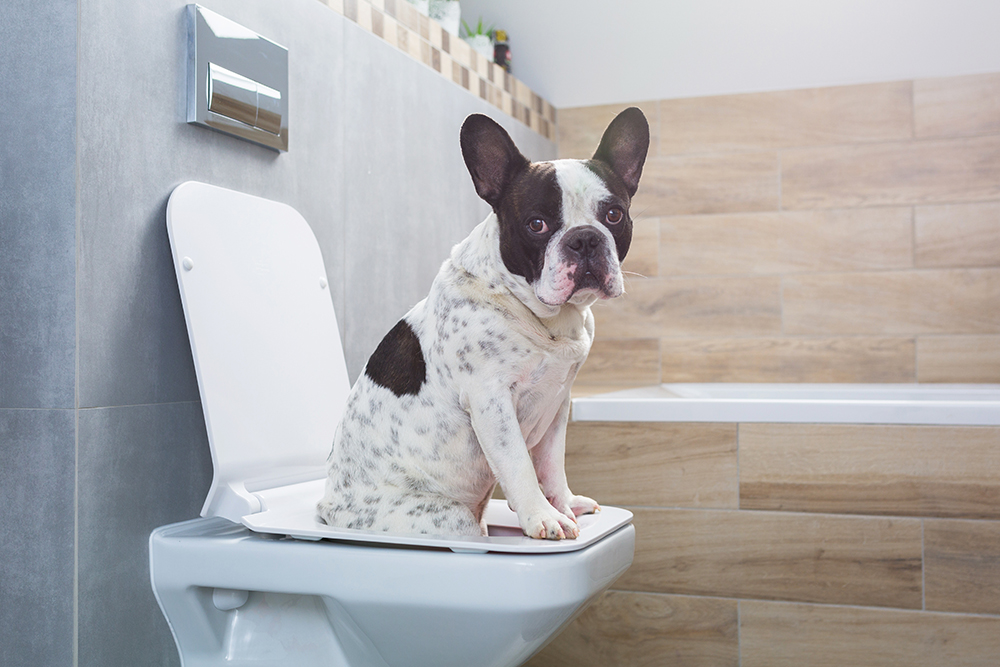 Animal Waste
Animal Waste
High levels of animal waste in the water pose a health risk to swimmers, similar to human waste. Some beaches become preferred homes to flocks of large birds, such as geese or gulls, providing a 24/7 source of fecal matter. See “Clean Up Your Beach” for strategies to address this problem.
Rain triggered spikes in animal waste can occur at beaches near stormwater drainage outfalls. Animal waste in stormwater systems can be naturally occurring from wildlife, such as raccoons or rats that make their homes there. Unfortunately, it can also result from people dropping dog waste in catch basins on streets, not realizing they are part of the stormwater system that drains to the nearest waterway, which could be on or near a beach.
Livestock
Farm animal waste can find its way into the system if it is not managed properly as well. Runoff from farms can be a potent source of fecal bacteria. Connecticut has some concentrated animal feeding operations (CAFOs) near the Sound, where huge quantities of manure can pose major water quality challenges. New York State is also home to CAFOs, but none in the Long Island Sound region. Small farms that don’t follow best management practices can also be sources of water pollution. Manure spread as fertilizer on farms and other properties can be washed into waterways and storm drains and end up contaminating beaches in the same manner as street runoff.
See General Permit for Connecticut CAFOs here: https://www.ct.gov/deep/lib/deep/water_regulating_and_discharges/cafo/03finalrpt.pdf
What can you do?
 Report Pollution
Report Pollution
See something? Take a picture or video and say something!
 Clean Up After Your Animals
Clean Up After Your Animals
Be a responsible animal owner. Don't leave their waste on the ground.
 Become A Pollution Watchdog
Become A Pollution Watchdog
Be on the lookout for any pollution entering our waterways.
 Join a Coastal Cleanup Team
Join a Coastal Cleanup Team
Be part of a 2022 International Coastal Cleanup crew.
